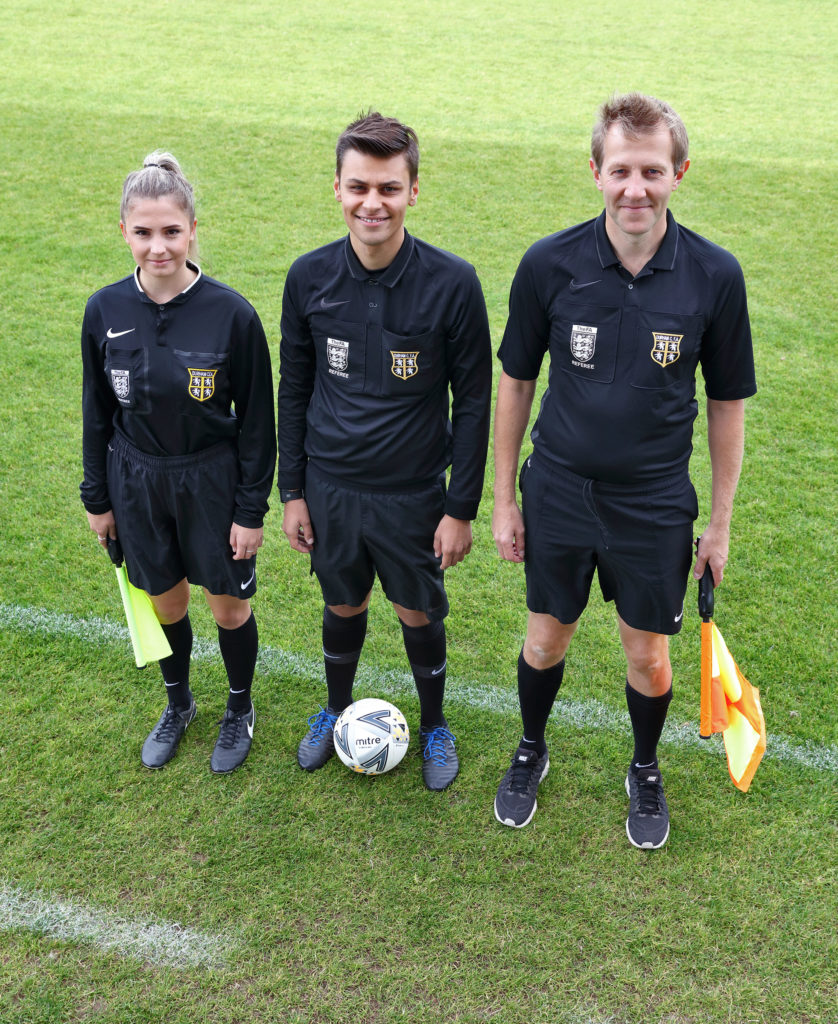Assaults on Referees have been well documented in the media over the past few months. The bodies who support referees are talking about these incidents and local Referees Association branches are informing fellow members of these sad incidents taking place. Ella Chandler, an ambassador for RefSupportUK, was recently interviewed on BBC Breakfast about her oppressive experience on a football pitch which lead to her feeling she had no choice but to take a sabbatical from the game.
In 2017 more than 2,000 referees went on strike over a weekend of fixtures over fears for their on-going safety. Ryan Hampson organised the walk out and recounted the ways in which he’d been assaulted as he called for increased support, help & security.
In a La Liga Continental de Futbol fixture in Salt Lake City in 2013, a referee, Ricardo Portillo, 46 was killed by one punch from a player after he blew up for a foul on the player for shoving an opponent following a corner kick, he cautioned the player and showed him a yellow card. While Portillo was writing the player’s information in his notebook, the player swung at him.
Yet people often forget Referees are humans
Should referees have different expectations about life because they put themselves out there to deliver games safely?
Should referees live by different rules?
I think absolutely not, whatever the level they officiate at, referees are human beings. There is more to referees than their technical, physical and decision-making qualities on the football pitch. They are someone’s son, daughter, brother, or sister. They may even be a mum or a dad. So deserve to be treated not only as referees, but also as people.
At the top level referees find it difficult to go out and do basic things, like visit the supermarket without being recognised. The higher they officiate, the more they live their lives under greater scrutiny.
That can be a lot of pressure to deal with 24/7.
Multiple technical and mental toughness skills are required to be a successful referee. However, ultimately success also depends on the whole person, their psychological characteristics and well-being.
It would be great to see the PGMOL, The FA & County FAs all working in unison to sing from the same hymn-sheet when it comes to a mental wellness and resilience program of support for all of the 28,000 referees of all levels in England. Talent alone will not allow referees to develop and go on to fulfil their potential if they are not enjoying refereeing. Clearly support systems must include well-being practitioners and performance lifestyle support advisers, their roles are crucial and just as vital as a technical coach.
If you enjoyed this article feel free to forward it on to anyone who you think might find it helpful. Or if you would like to chat about this please get in touch.
Best Wishes,

Nathan Sherratt
Referee Educator & Managing Director of The Third Team


